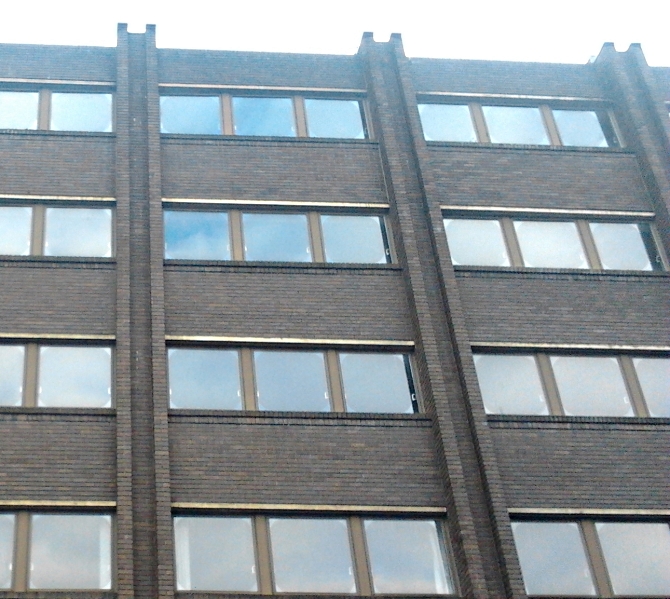JPMorgan Chase — the New York-based banking and financial services holding company — has set aside more than £3bn for the “opportunistic” purchase of distressed and lease-expired European property.

The three-year campaign to buy up commercial real estate in need of renovation or new tenants would quadruple its asset management unit’s European holdings. The bank has also confirmed it would consider acquiring well-occupied buildings in good condition before they became too expensive.
“Until 2017 our buying activity will probably be 80 per cent opportunistic, whereas through 2012 it was 80 per cent core,” said Peter Reilly, the company’s head of European real estate, who explained that buying properties in need of investment is easier now because banks are more willing to sell under performing loans tied to real estate than they had been immediately following the financial crisis.
“Conversations with banks are more productive today than they were a couple of years ago, when there was a big difference between asking prices and bids,” Reilly added. “That should continue to accelerate through 2015.”
His asset unit will focus on buying offices in large cities including Paris, Berlin, Hamburg, Munich and Frankfurt. High prices in London have squeezed the market there so JP Morgan will look to the Birmingham and Manchester markets for potential purchases in the UK.
“We like troubled assets in really good markets,” Reilly said. “So when you fix the asset, you’ve got a core property.”
Investors like JPMorgan, which holds about $63bn (£36bn) of real estate, rushed to the safety of Europe’s most stable income-producing properties after the financial crisis. Today they are flocking to riskier office buildings, shops and warehouses as prices for the safest assets in Europe climb to their highest level since 2007.
Almost 60 per cent of investors were searching for riskier properties at the end of the first 2014 quarter, up from 47 per cent a year earlier, according to a study by London-based research firm Preqin. In contrast the proportion of buyers seeking high quality and Grade A office buildings with tenants in place dropped to 35 per cent from 56 per cent.
JPMorgan Chase — rated by Forbes magazine as the world’s third largest public company — owns about £2.3bn of core properties in Europe, including offices, shops and warehouses in Britain, France and Germany. The majority of its property holdings, about $45.5bn (£26bn) excluding real estate investment trusts, is in America with Europe in second place at about $7.8bn (£4.5bn) and Asia trailing around $1.1bn (£641m).
The bank’s shift in strategy reflects the growing perception that investors now need to add value to commercial properties before they can be in a position to sell them on at a profit. While investment firms were able to make huge killings purely by buying and flipping assets over the last two to three years, that market is now tightening considerably.